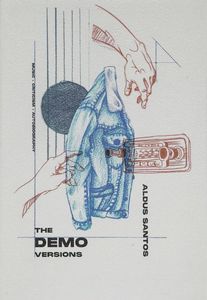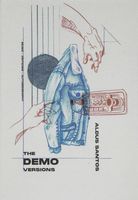Nov 5, 2023
Page 11
Page 14
Page 15
Page 19
Page 23
Page 44
Page 44
Page 58
Page 61
Page 63
Page 101
Page 116
Page 120
Page 129
Page 132
Page 134
Page 143
Page 154
Page 169
Page 170
Page 174
Page 176
- Format
- Paperback
- Edition
- ISBN 9786219675116
Reviews
Claudine@claudrod
Miguel@augustimely
Highlights
Claudine@claudrod
Page 176
Claudine@claudrod
Page 174
Claudine@claudrod
Page 170
Claudine@claudrod
Page 169
Claudine@claudrod
Page 154
Claudine@claudrod
Page 143
Claudine@claudrod
Page 134
Claudine@claudrod
Page 132
Claudine@claudrod
Page 129
Claudine@claudrod
Claudine@claudrod
Claudine@claudrod
Page 120
Claudine@claudrod
Page 116
Claudine@claudrod
Page 101
Claudine@claudrod
Page 63
Claudine@claudrod
Page 61
Claudine@claudrod
Page 58
Claudine@claudrod
Page 44
Claudine@claudrod
Page 44
Claudine@claudrod
Page 23
Claudine@claudrod
Page 19
Claudine@claudrod
Page 15
Claudine@claudrod
Page 14
Claudine@claudrod
Page 11



